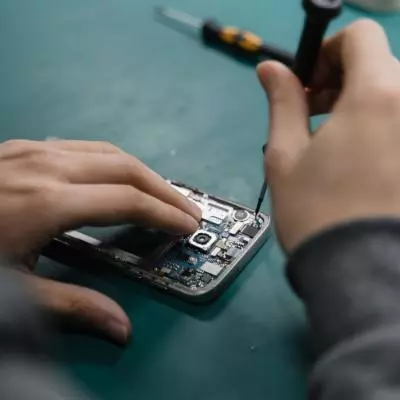
Do you want to get started in electronics? Having an electronics workbench ready to respond to any project? Discover the essential toolkit for any enthusiast! Don't let anything be missing.
Could you live without electronics? You could, but it wouldn't be the same…
They say that mathematics is fundamental for life… But we would say better: electronics will always be useful to you!
Nowadays it is practically unthinkable to think of a world without electronics. And while it may seem complex, the principles are basic.
So, if you're an enthusiast in the area, there's nothing better than starting your electronic toolkit right away. We assure you that you will put it to good use!
Get to work!
You don't need to devour books. You only need electronic tools to get started. Practice leads to perfection.
So the more you practice, the faster you'll be able to make amends. It is not uncommon to have situations where it is enough to identify and replace a faulty component or… simply apply a speck of solder! After that, you will be developing complex projects!
So, what do you need to get started?
The essential electronics toolkit for any enthusiast
Let's cut to the chase: you could choose any electronic tool kit already available on the market. However, these are not created with your particular case in mind.
Nothing replaces something you've prepared and created from scratch, with your needs in mind.
We advise you to start with these essentials:
1. Pliers
This tool needs no introduction, right? Useful in the most diverse circumstances, in the case of electronics you won't want to miss a Stripping Pliers or a Diagonal Cutting Pliers for cutting cables.
2. Precision Keys
When you start disassembling boards or assembling circuits you will despair if you don't have the correct keys. Forget the screwdrivers or screws you have around the house. Choose a good precision wrench, for example magnetic, and avoid the frustration of always losing millimeter screws!
3. Multimeter
Crystal balls? Not. Electronics is not magic, nor will you be able to guess where the problem is. Or rather, your instinct may be right, but you will only be able to confirm it with a multimeter!
You will need this tool, which exists in digital or analog models, to measure and evaluate electrical quantities.
4. Station/Soldering Iron
A soldering iron is a hand tool used to permanently join two metal objects with a metal alloy binder.
There are many solutions on the market: simple resistance irons, transformer soldering irons or soldering stations… Which should you choose? It depends on your needs and how comfortable you feel in your electronics projects!
Finally, don't forget to consider power, temperature range and tip size.
5. Tin and soldering paste
If you have a soldering iron, but you don't have solder… It's like you want to make an omelet without eggs.
Clean the surface where you are going to solder the electronic component with a little paste (eliminating impurities, grease, rust…), so that the conductivity and mechanical resistance are perfect. So you can be sure that the solder will fix correctly!
Also, consider buying a soldering iron holder with magnifying glass.
If you already have these 5 essentials on your electronics bench… Don't dismiss:
6. Oscilloscope
In general, this is an electronic device that allows the visualization and analysis of voltage signals over time.
Thus, both a digital and an analog oscilloscope will be very useful to you and will help you to identify voltage spikes and other electronic problems.
7. Power supply
As the name implies, this is equipment used to supply electrical loads. Your devices will need the components to be powered to work!
8.Breadboards/Prototyping Boards
A Breadboard, or breadboard, also known as a breadboard prototyping, is a board with holes and conductive connections for mounting experimental electrical circuits.
Want to test a circuit? Start here!
9. Electronic components
Remember: each project has its requirements.
However, we are sure that when you start an electronics job you will want to have on hand a resistors, potentiometers, condenser, transistors, diodesor leds.
An extra tip: don't forget to tidy up your space with the help of organizing boxes< /a>. It's really easy to feel lost among electronic components.
In summary
Simple elements are enough to get you started. If you want to do some experiments, venture out with starter kits ou didactic kits!
You don't need to buy everything right away.
However, you have excellent clues here so that you don't miss anything 😉 And if you have any doubts, you already know that we are available to advise you.
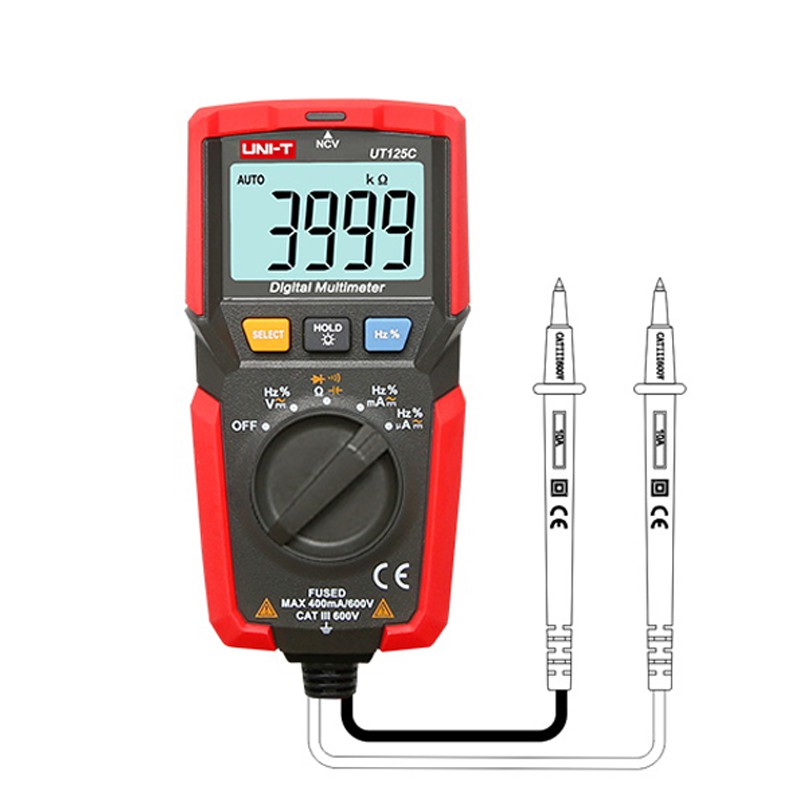

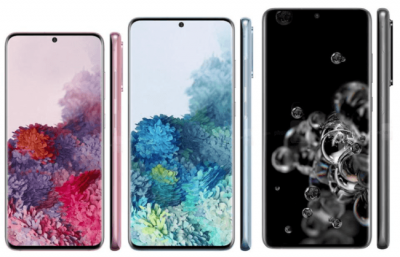

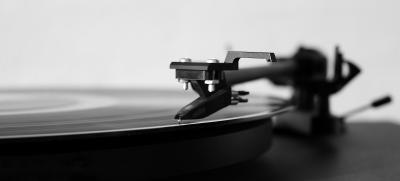
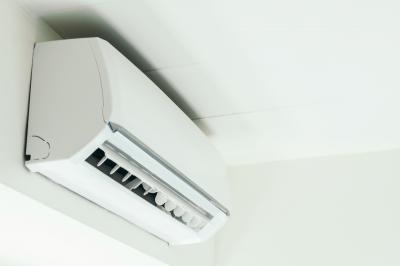
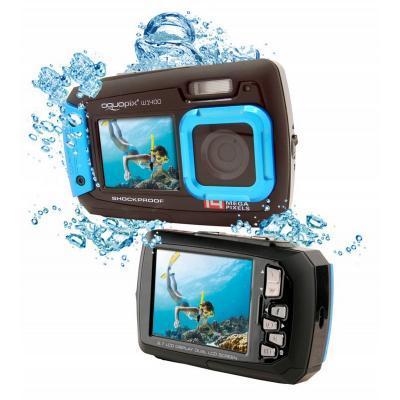
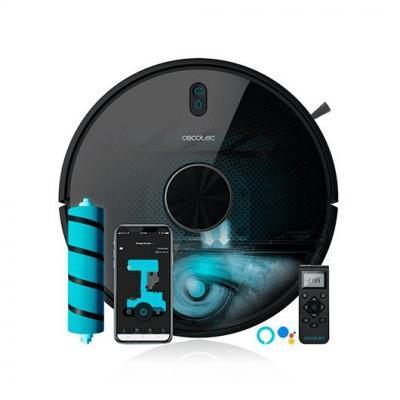
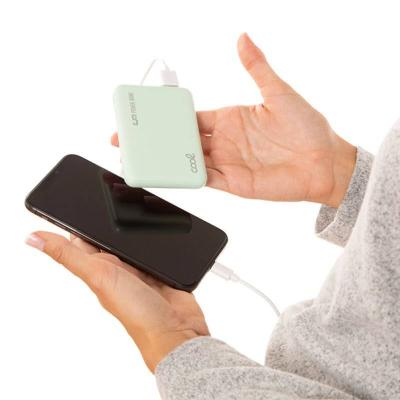
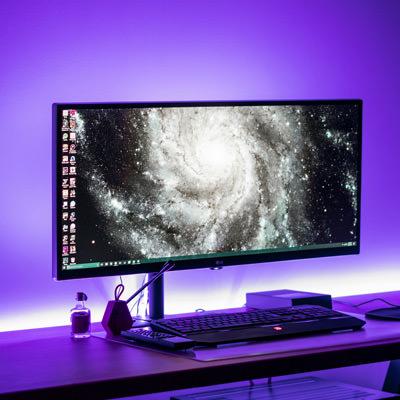
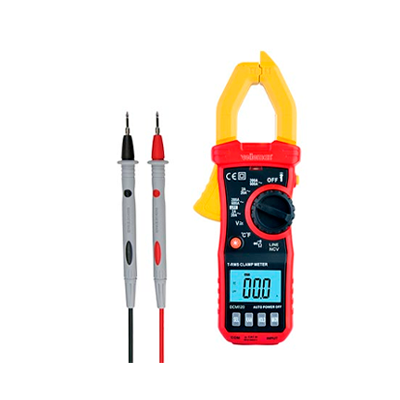
Comments